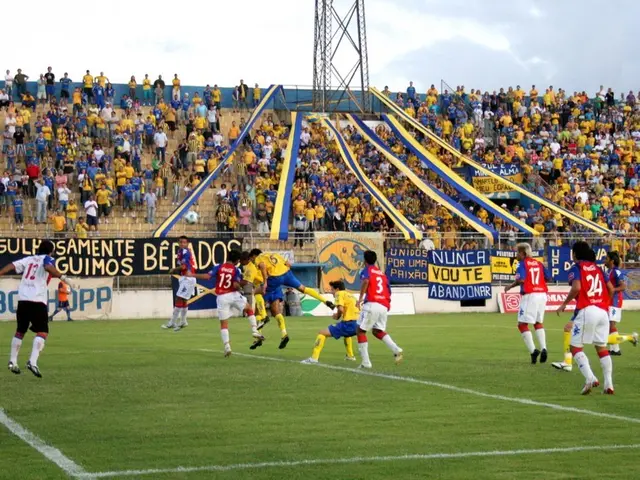Criminal probe launched against Enrique Peña Nieto due to suspected collaboration in the Pegasus spying controversy
In a significant development, Mexico's Attorney General's Office (FGR) has opened a criminal investigation into former President Enrique Peña Nieto over allegations of corruption and illicit surveillance activities linked to the Pegasus spyware scandal.
The investigation was publicly acknowledged by the FGR on July 8, 2025. The case stems from a report by Israeli outlet The Marker, which alleged that two businessmen, Avishai Neriah and Uri Ansbacher, paid $25 million to Peña Nieto between 2012 and 2018. FGR chief Alejandro Gertz Manero announced that Mexico has formally requested legal assistance from Israel to obtain evidence and corroborate the claims made in the arbitration documents and media reports.
Key points about the investigation and scandal include:
- Evidence and Allegations: Peña Nieto is reportedly under investigation for accepting a $25 million bribe connected with the Pegasus spyware system, which was allegedly used to spy on journalists, activists, and political figures. His administration is suspected of employing Pegasus for illegal surveillance purposes.
- Progress of the Investigation: Explosive testimonies and details have emerged in Mexican political discourse, including denunciations by senators and media exposing corruption and espionage. The case is gaining national attention and may escalate further.
- International Cooperation: The Pegasus spyware was designed and distributed by NSO Group, an Israeli company implicated globally in multiple surveillance scandals. Forensic experts, such as those from Amnesty International Security Lab, have developed methodologies to detect Pegasus infections on mobile devices, which aids investigations internationally. While specific details of Mexico's cooperation with foreign entities have not been fully disclosed, the global nature of Pegasus abuses suggests collaboration with international watchdogs and technical experts is integral to investigations.
The investigation has reignited public debate over accountability for high-level officials and the misuse of state surveillance tools. Civil society organizations, including Artículo 19, have urged the government to conduct a transparent and exhaustive investigation into the matter. If substantiated, the investigation could mark a historic legal precedent in Mexico's fight against political corruption and impunity.
However, Peña Nieto has denied all allegations, asserting that he never authorized contracts nor had contact with the Israeli businessmen. The outcome of the investigation depends on international cooperation and the strength of the evidence gathered.
The Pegasus surveillance software, developed by Israel's NSO Group, was reportedly used by Mexican agencies to monitor journalists, activists, and political opponents during Peña Nieto's administration. The investigation's progress and its potential impact on Mexico's political landscape are being closely watched by both domestic and international observers.
- The ongoing investigation into former President Enrique Peña Nieto, involving allegations of corruption and illicit activities linked to the Pegasus spyware scandal, has sparked a renewed discussion in Mexico's policy-and-legislation sphere about accountability for high-level officials and the proper use of state surveillance tools, attracting the attention of both general-news media and crime-and-justice journalists.
- The international cooperation aspect of the investigation is crucial, as evidence is being sought from Israel to corroborate claims made in arbitration documents and media reports, highlighting the importance of foreign assistance in crimes that transcend national borders, particularly in cases involving crime-and-justice implications like this one.







